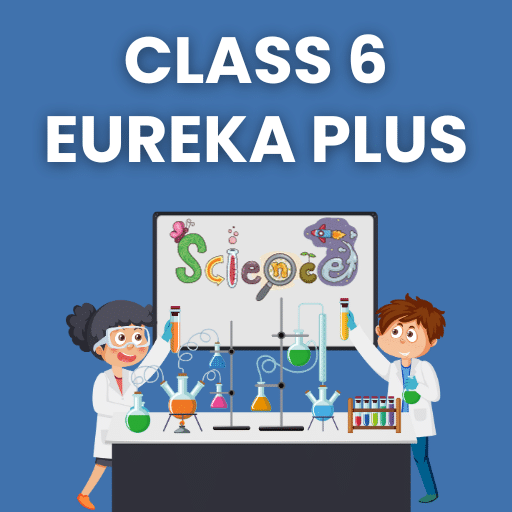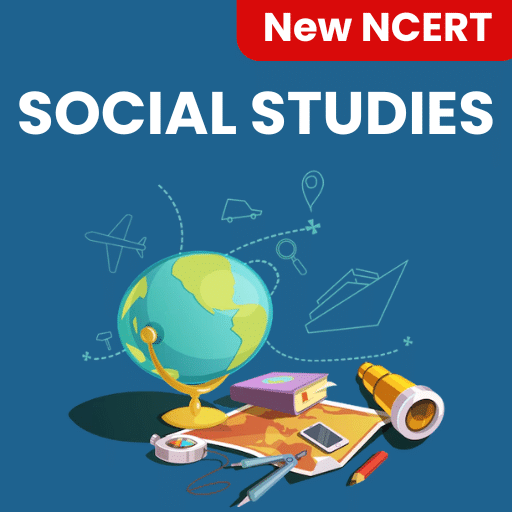Practice Assignment: 23 | Class 6 BBC Compacta Solutions PDF Download
(A) Read the following sentences. Put a full stop (.) at the end of a 'declarative' sentence, a question mark (?) at the end of an 'interrogative' sentence and an exclamation mark (!) at the end of an exclamatory or imperative sentence.
Q.
Ans:
1. Where are you going? (Interrogative)
2. Don't drive fast. (Imperative)
3. Please lower your voice. (Imperative)
4. Wow, What a beautiful painting! (Exclamatory)
5. Watch out, the floor is wet. (Imperative)
6. Do you want a Coke or a Pepsi? (Interrogative)
7. Shut up! (Imperative)
(B) Look at the underlined words in the following sentences and say which part of the sentence it is. Write 'S' if it is a subject, 'V' if it is a verb, 'O' if it is an object, 'C' if it is a complement and 'A' if it is an 'adjunct'.
Q.
Ans:
1. Nalini bought some flowers.
- Nalini: S (Subject)
- bought: V (Verb)
- flowers: O (Object)
2. Is Daniel making a cake?
- Daniel: S (Subject)
- making: V (Verb)
- cake: O (Object)
3. My uncle looked worried.
- My uncle: S (Subject)
- looked: V (Verb)
- worried: C (Complement)
4. This book is interesting.
- This book: S (Subject)
- is: V (Verb)
- interesting: C (Complement)
5. He painted the wall yesterday.
- He: S (Subject)
- painted: V (Verb)
- the wall: O (Object)
- yesterday: A (Adjunct)
6. Our neighbour's dog is very dangerous.
- Our neighbour's dog: S (Subject)
- is: V (Verb)
- very dangerous: C (Complement)
7. The class elected Mark their monitor.
- The class: S (Subject)
- elected: V (Verb)
- Mark: O (Object)
- their monitor: C (Complement)
8. I brush my teeth every morning.
- I: S (Subject)
- brush: V (Verb)
- my teeth: O (Object)
- every morning: A (Adjunct)
(C) Complete the following sentences by adding the two objects given in box in the correct order. Use a preposition 'to' if needed.
Q.
Ans:
1. Please bring me a cup of milk.
2. Dad sold his car to the dealer.
3. Will you give it to me?
4. I want to send this phone to Janet.
5. He gave the flowers to his sister.
6. Can you please pass the salt to me?
7. David told his mother the truth.
8. Mike paid the cashier 10 dollars.
 |
Download the notes
Practice Assignment: 23
|
Download as PDF |
(D) Write suitable sentences using the given structure types.
Q.
Ans:
1. Subject + Verb: The cat sleeps.
2. Subject + Verb + Complement: The movie was fantastic.
3. Subject + Verb + Adjunct: They played tennis enthusiastically.
4. Subject + Verb + Indirect Object + Direct Object: She gave her brother a book.
5. Subject + Verb + Direct Object + Indirect Object: He handed me the keys.
6. Subject + Verb + Object + Adjunct: They painted the walls yesterday.
FAQs on Practice Assignment: 23 - Class 6 BBC Compacta Solutions
| 1. What are the key concepts of photosynthesis? |  |
| 2. How does photosynthesis contribute to the oxygen in the atmosphere? |  |
| 3. What are the factors that affect the rate of photosynthesis? |  |
| 4. How does photosynthesis support the food chain? |  |
| 5. Can photosynthesis occur without sunlight? |  |































